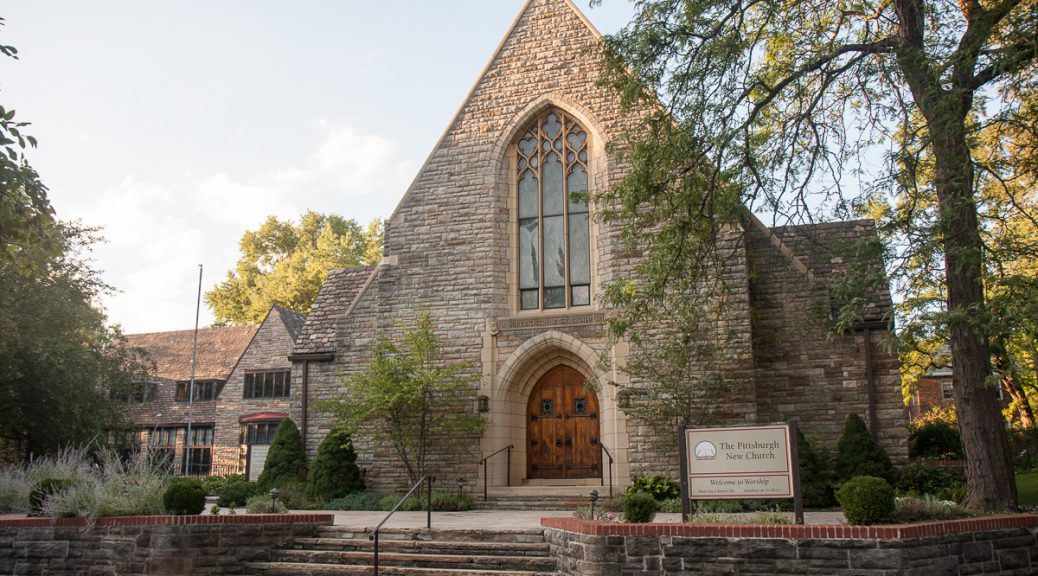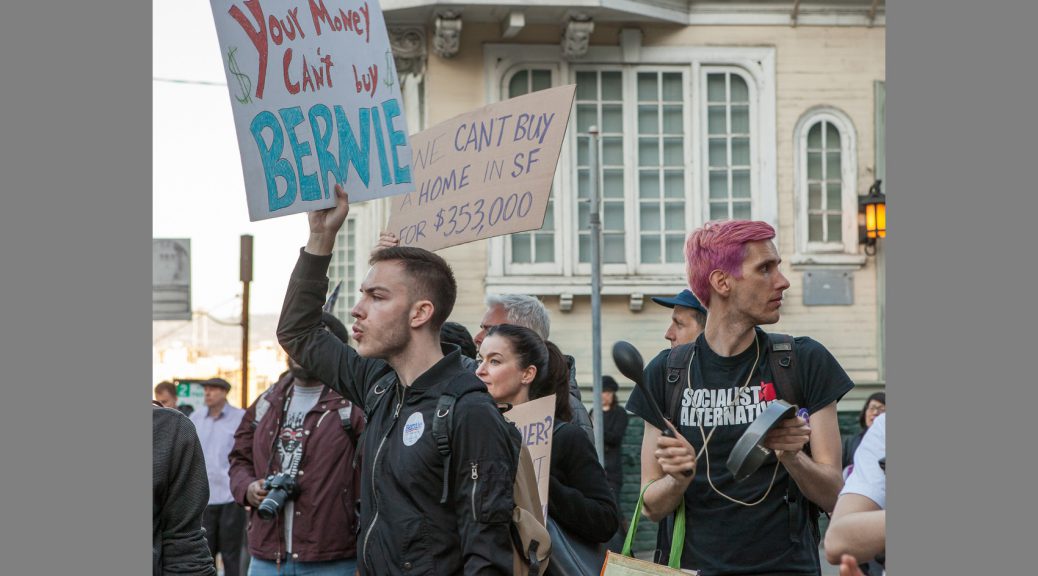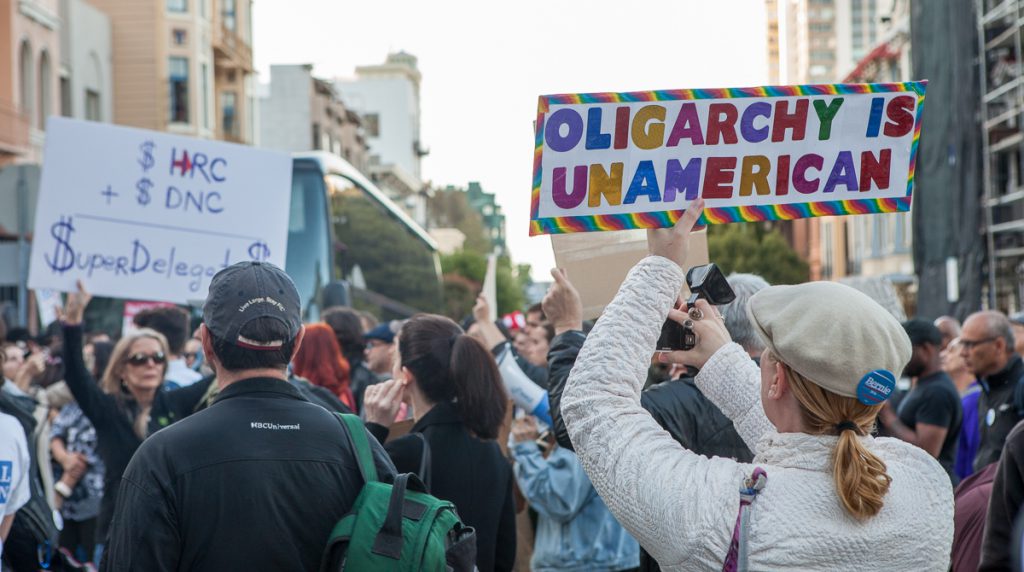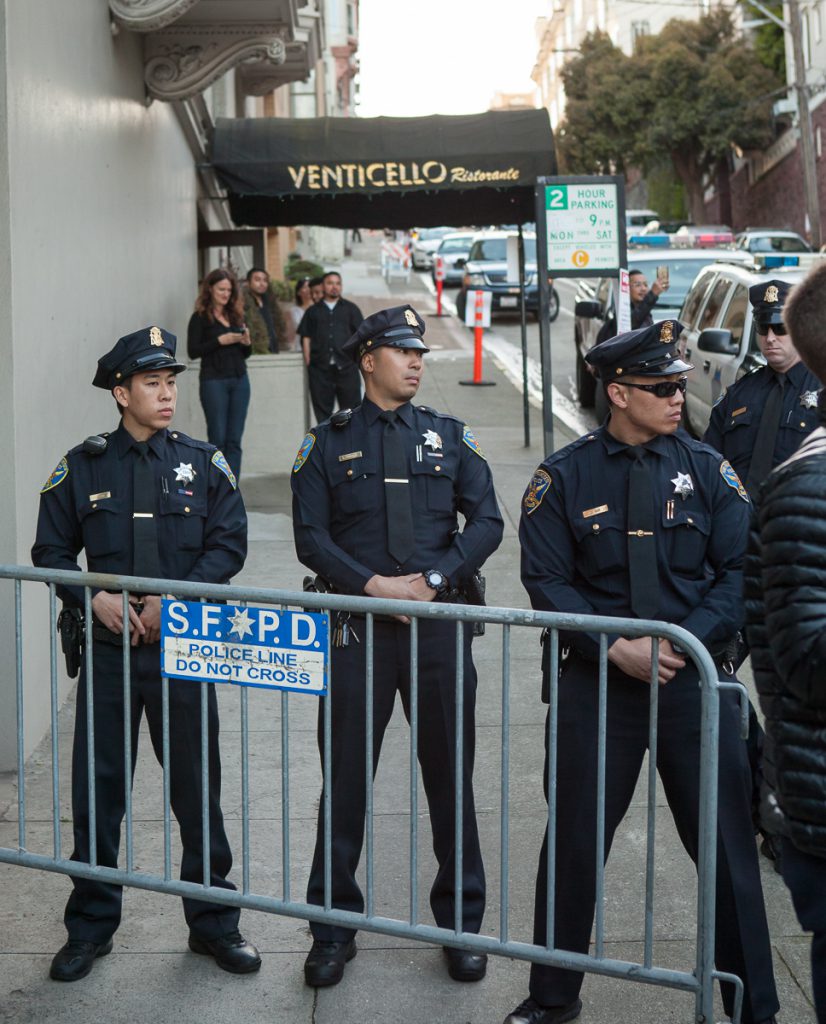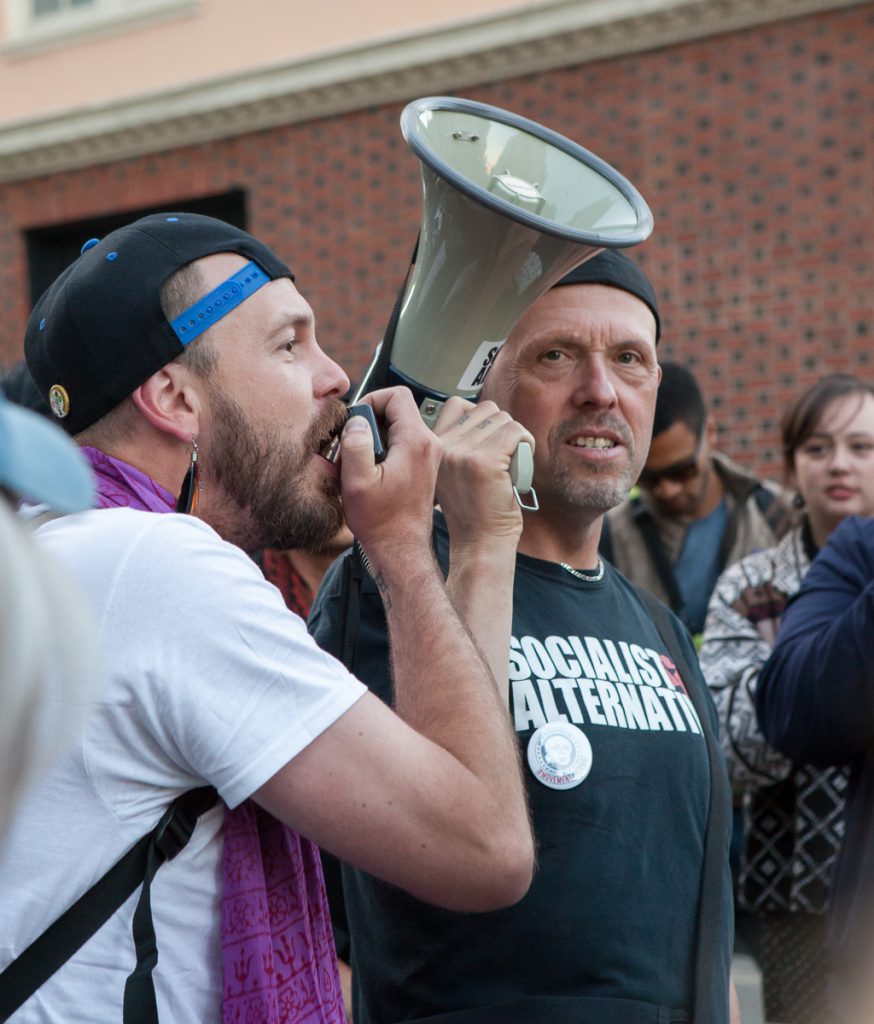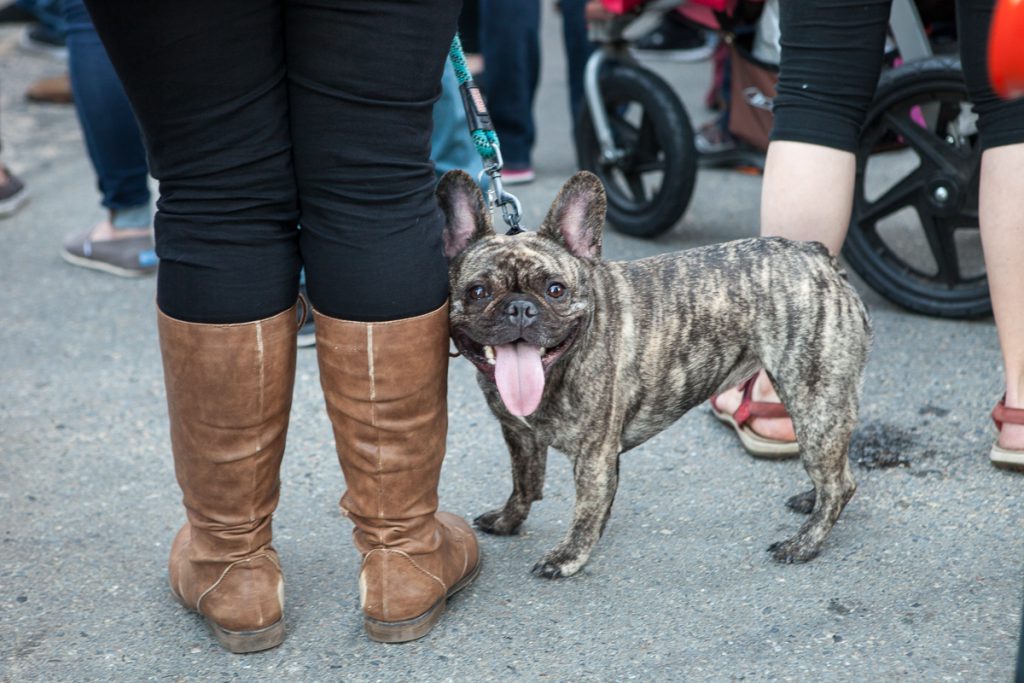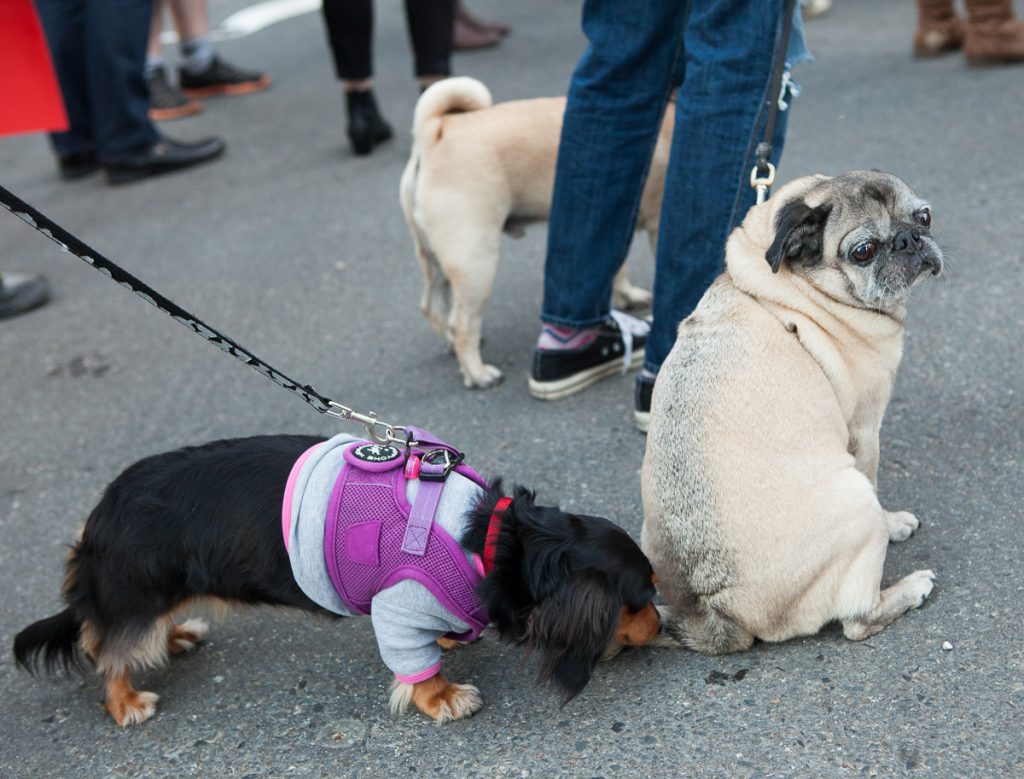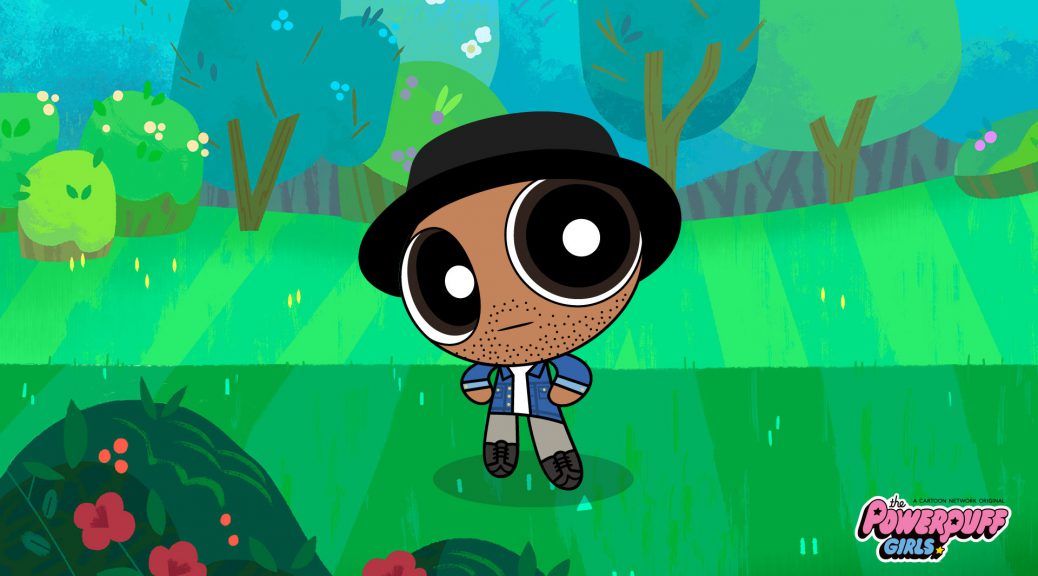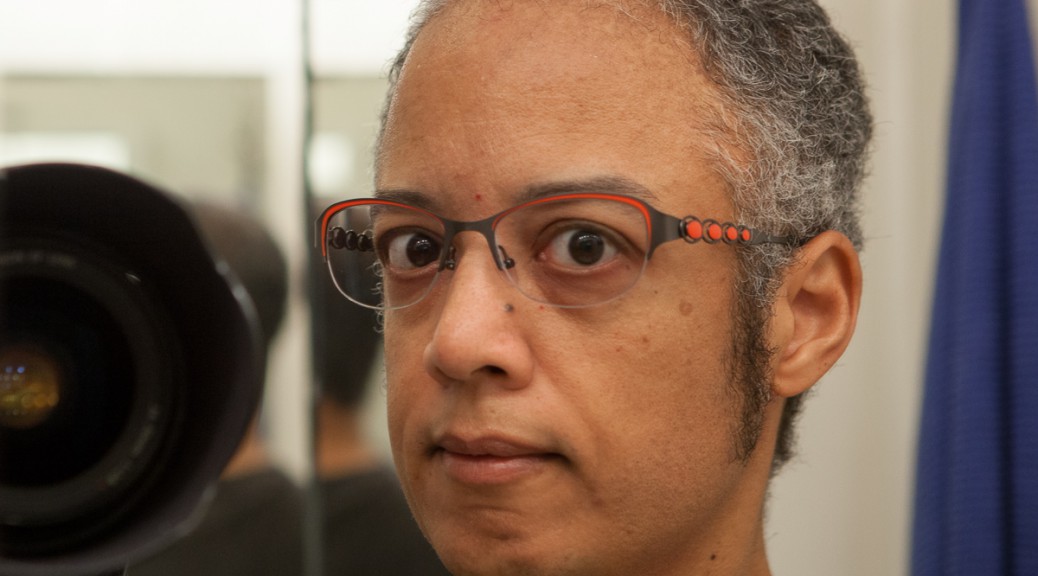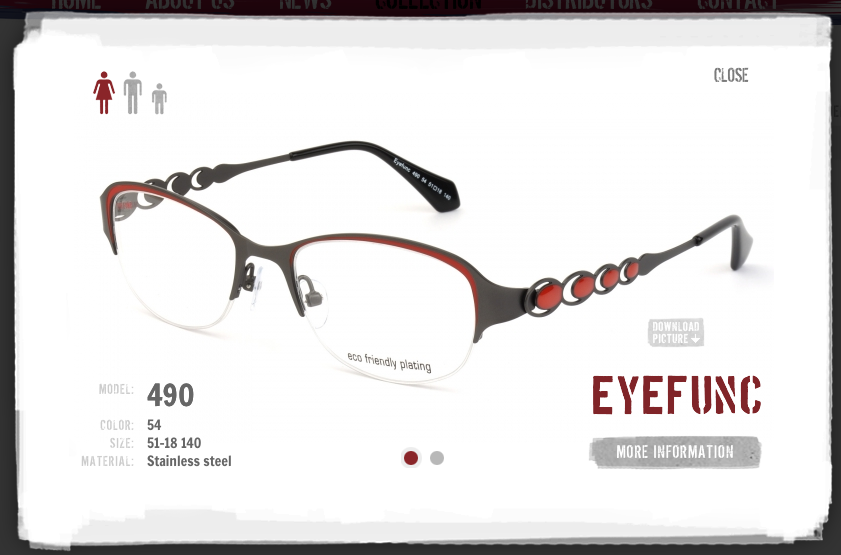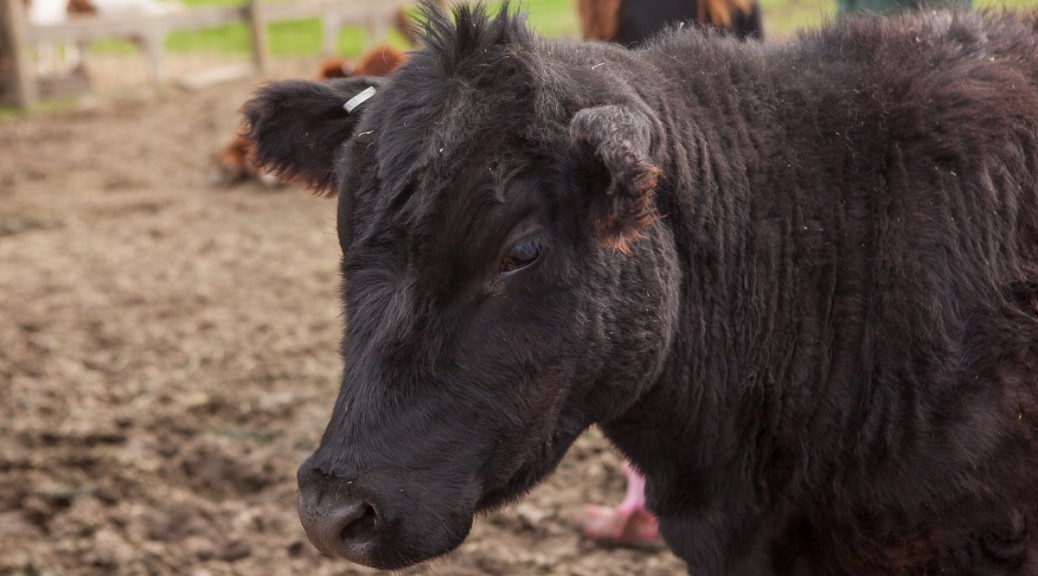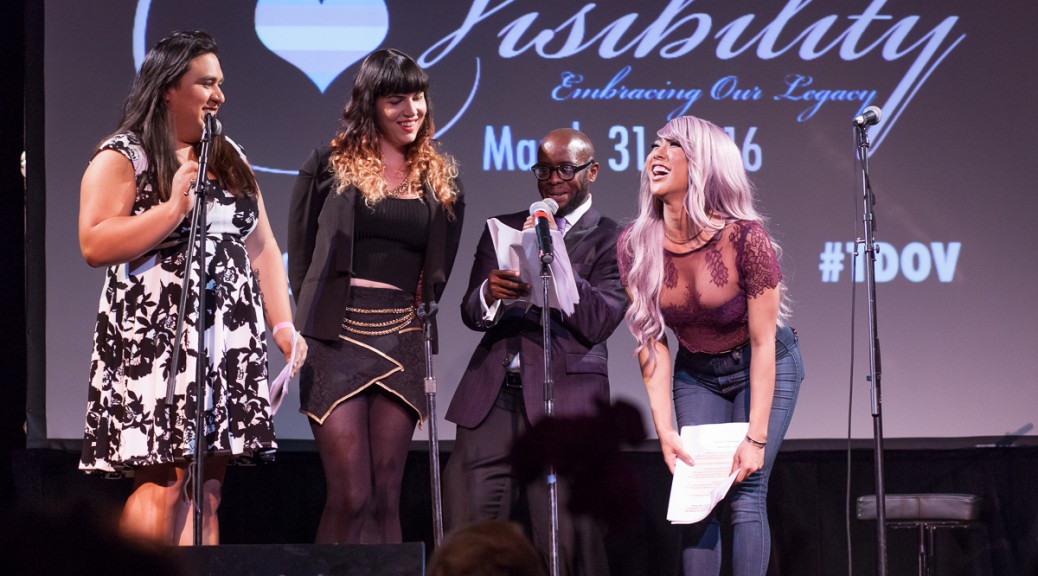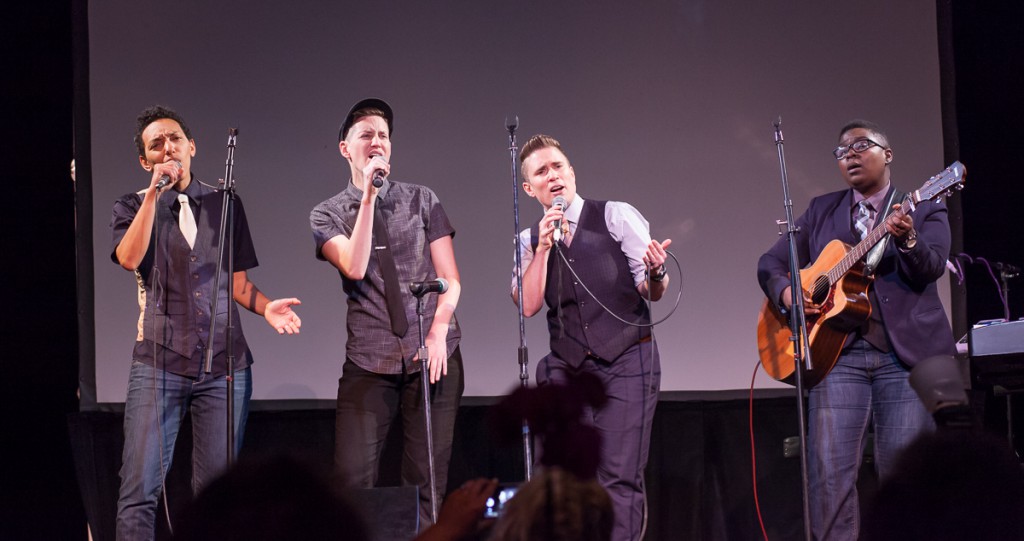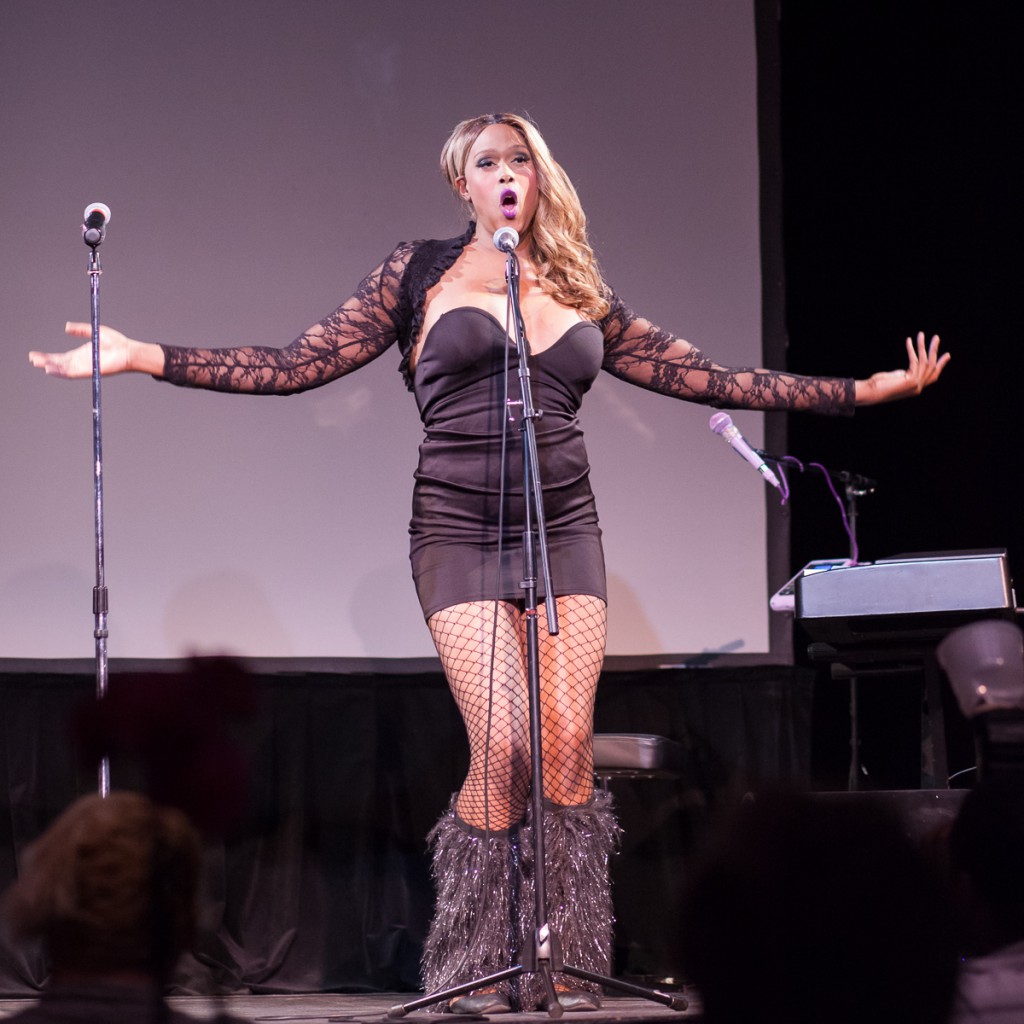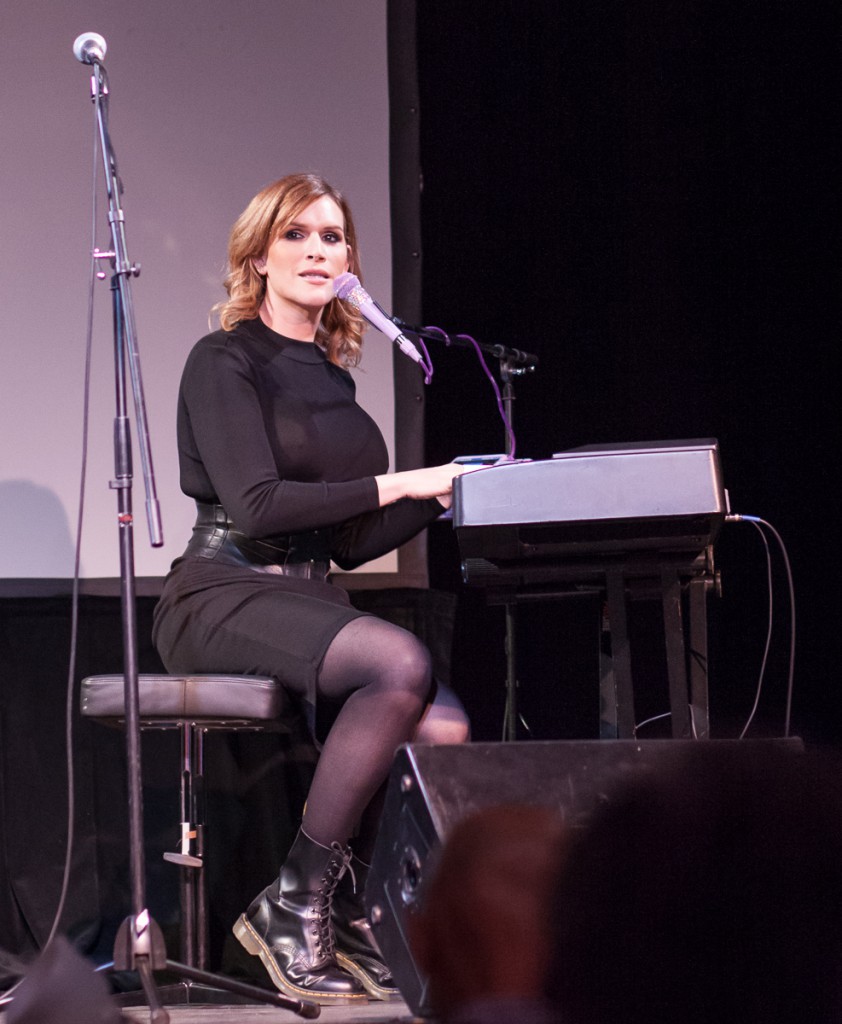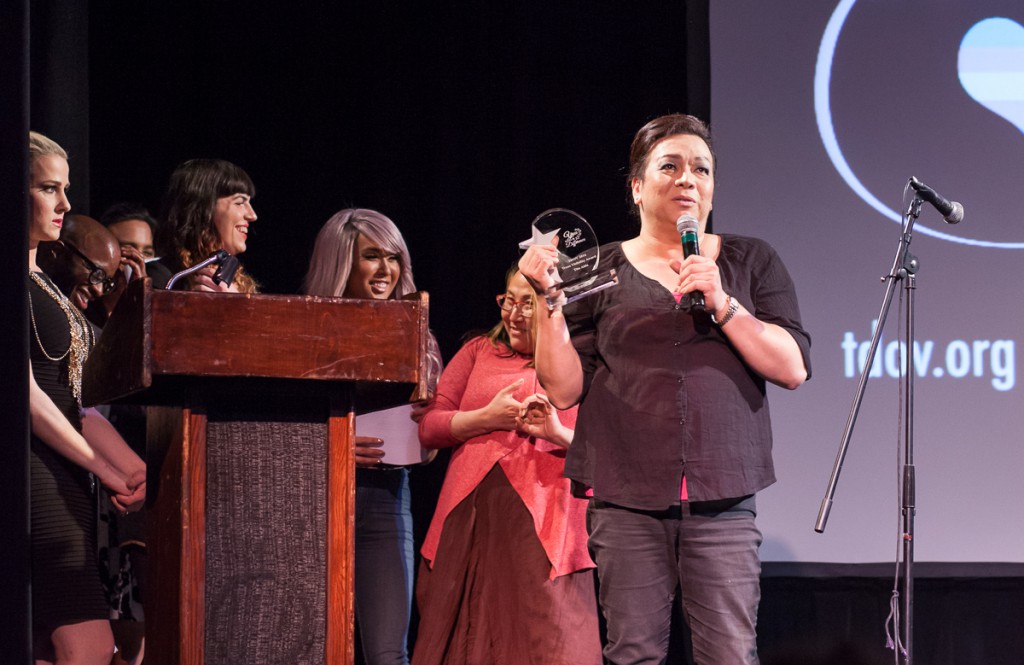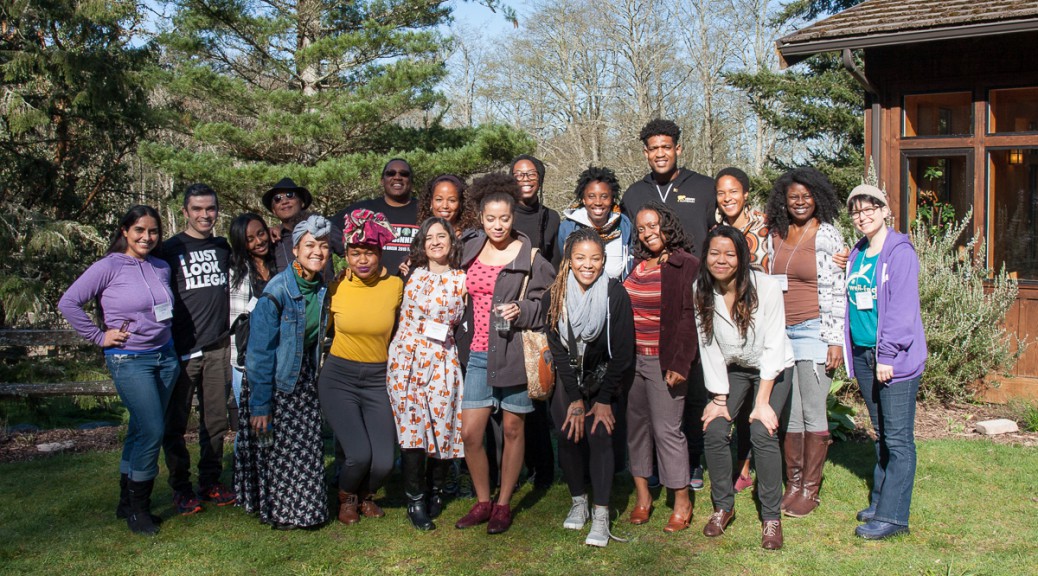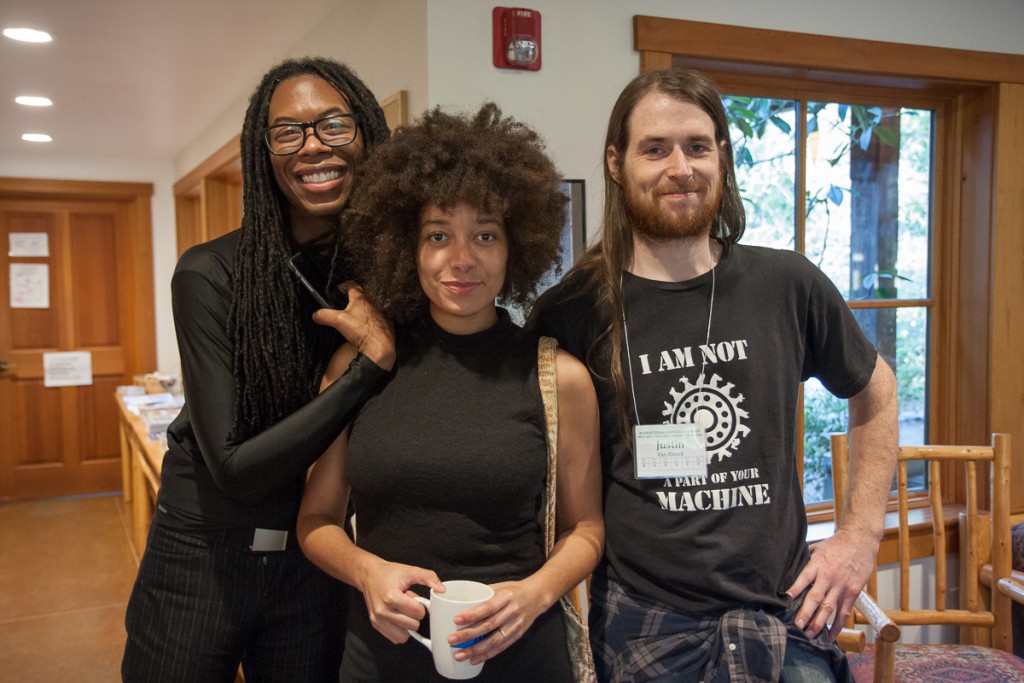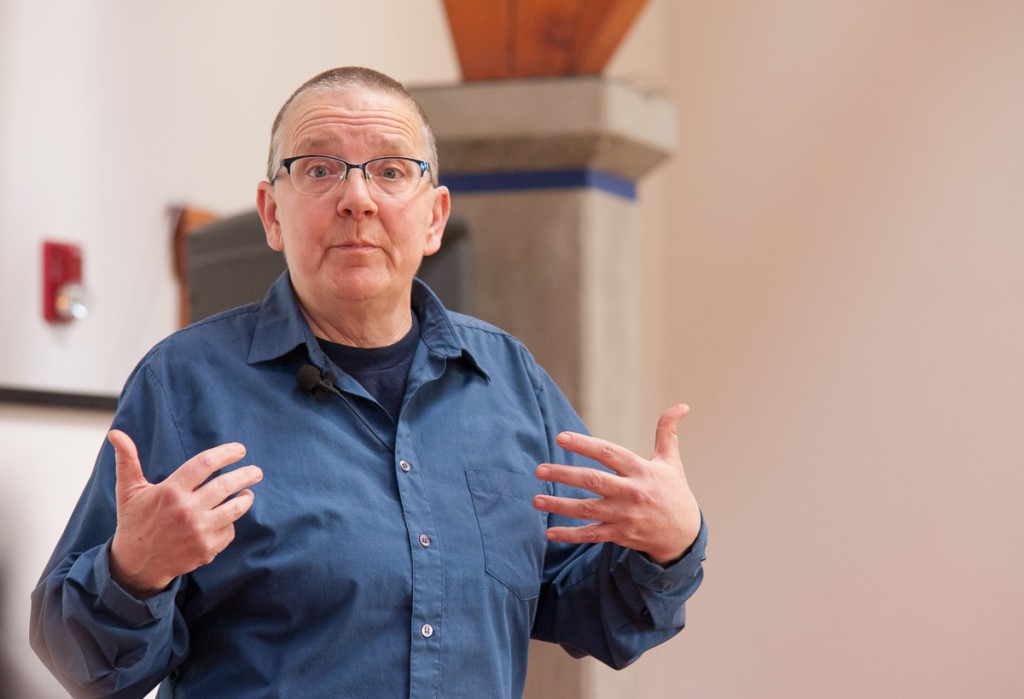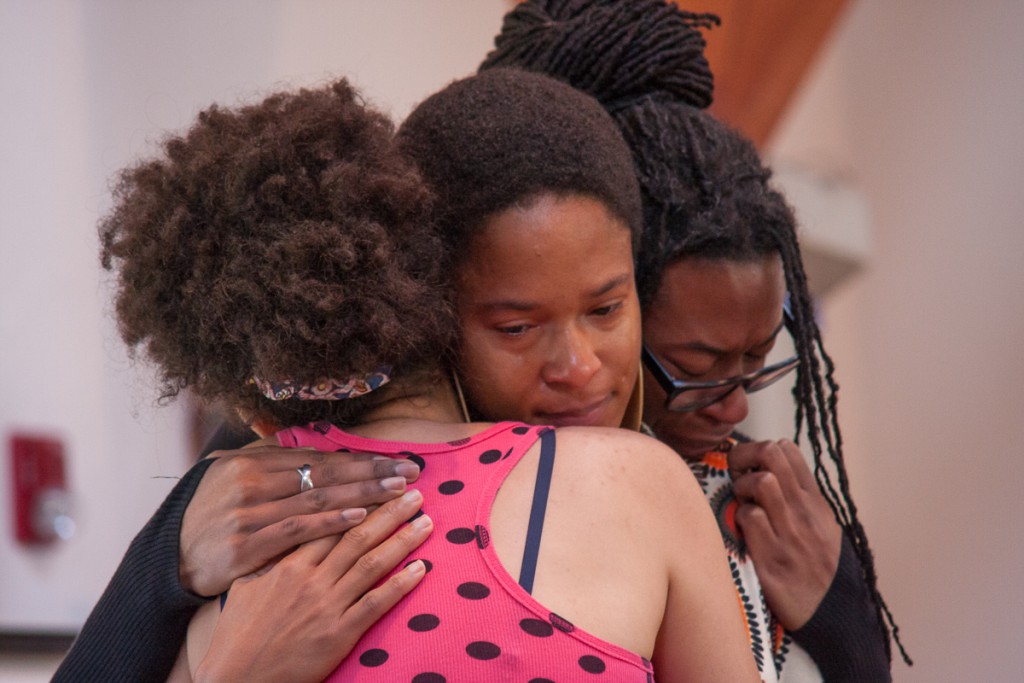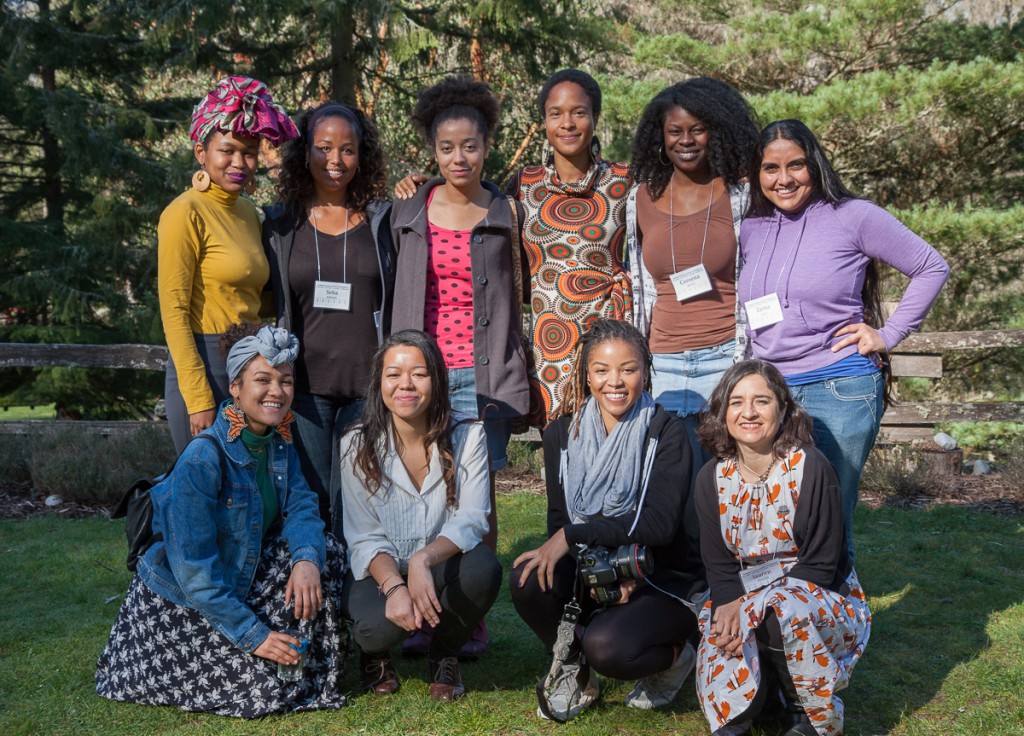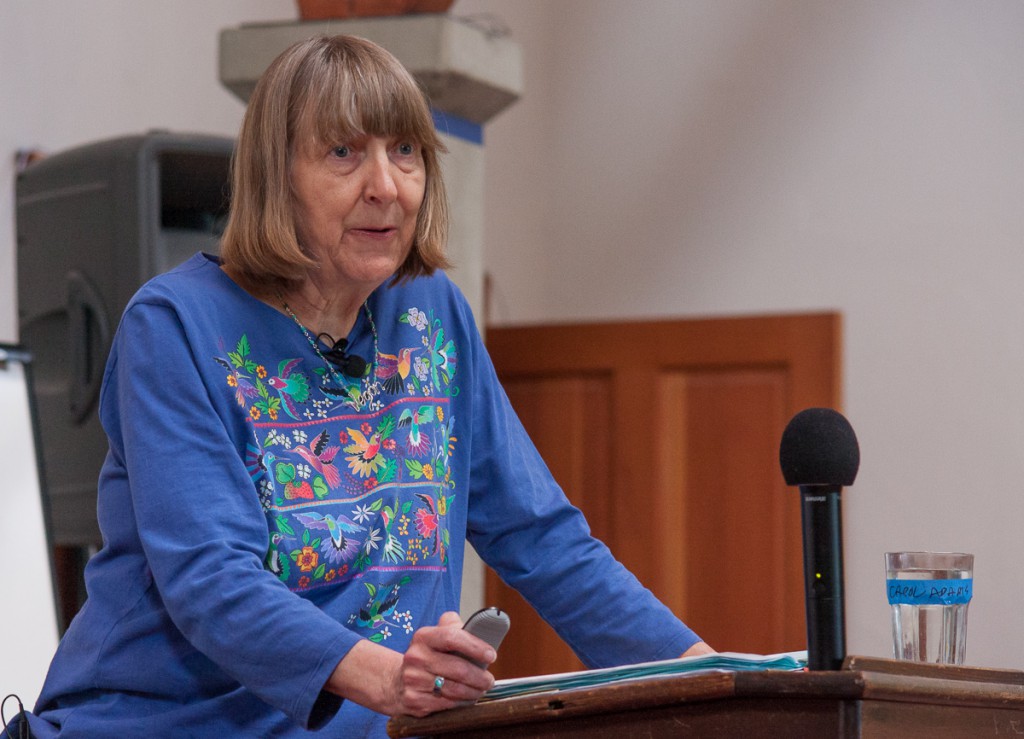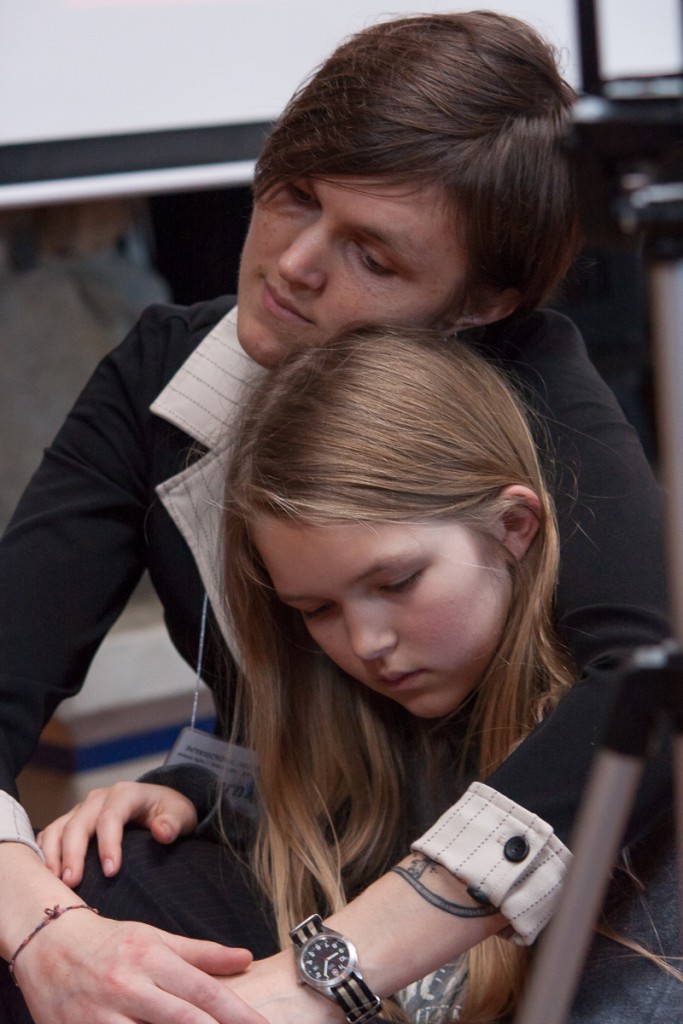[Image: A church building with a sign in front reading “The Pittsburgh New Church – Welcome to Worship.”]
On Friday I watched a segment on the CBS Evening News that really angered me. It was about a black man who was framed by a white cop, spent four years in jail, and later came to forgive and even “love” his oppressor. Please watch or read the story for yourself before continuing (it’s three minutes long).
I didn’t write anything about this at the time, but today read a post by Son of Baldwin which encapsulated all that’s wrong with this shitty “feel-good” example of white supremacy. I posted this reply:
This story made me so angry when I watched it on the CBS Evening News. Especially the last line: “And clearly, if these two guys from the coffee shop can set aside their bitter grounds, what’s our excuse?” Their bitter grounds? As if a racist white cop has any “grounds” for being angry with the innocent black man that he framed? As if having four years of your life stolen from you by a racist white cop is something you should just “set aside?” As if the racist prison industrial complex — where one of out three black men can expect to serve jail time —can be papered over by Christian forgiveness?
I’m an atheist, but I’m not going to blame Christianity specifically for white supremacy (though the #NotAllChristians excuse is just as bad as #NotAllWhites and #NotAllMen). Regardless, if this particular black man wants to forgive this particular racist white cop that’s his prerogative, but it is not, not, not incumbent upon anyone else to forgive their oppressors.
Make no mistake: This story is not just about a “crooked” or “bad” cop. This is racism, which does not have to look like the “n” word or hooded figures burning crosses on lawns. If you deny that this man’s arrest and the subsequent framing of this “feel-good” story is white supremacy in action, you seriously need to check your privileges.
I want to expand here on the part about Christian forgiveness. As I’ve written before, the only person who can forgive an oppressor or abuser is their victim (or survivor). No one else. I’m just going to say it: A religion that assigns ultimate judgment of human affairs to a supernatural being is a tool of the oppressors. Christianity in particular has been used to justify racism (including slavery), sexism, sexual abuse, heterosexism, and cissexism for centuries.
As I posted on Medium, I do not want to hear “Not All Christians” in response to this charge. Christianity is the dominant religion in the USA, and always has been. While church attendance and theism dwindle in Europe, Christian beliefs and practices remain strong here, and are reflected in our politics. It is incumbent upon Christians to reform their religion, not upon atheists and those who practice other religions to submit to it.
While Protestant faiths dominate here, Pope Francis, who gets news headlines for saying anything that sounds the slightest bit progressive, is also not a friend of the oppressed. I especially do not want to hear “Not All Catholics,” when the Vatican has made it clear that only straight cisgender monogamous men are fully deserving of rights. Catholics who support birth control, abortion, “extramarital” or homosexual sex, gender transition, or women holding church leadership positions are acting in direct opposition to the central authority of their church.
Believing in God might not be a choice, but in the USA, church membership is voluntary. Christians who oppose oppressive church doctrine ought to protest against it, loudly, or else leave those churches behind.
I take heart in sites like The Orbit for featuring black atheists (among other atheists of color) in a society that too often assumes that all black folks are Christian. While I never belonged to any church (or temple or mosque) to begin with, many atheists have left their religious communities, and that can come at a cost. Atheists need communities as much as any other group, and women/of color especially need supportive environments in a movement that is dominated by white men.
But I digress. The point is, when I point out racism or any other oppression, do not come to me speaking of forgiveness. Fix the problem, rather than blaming the victims.
